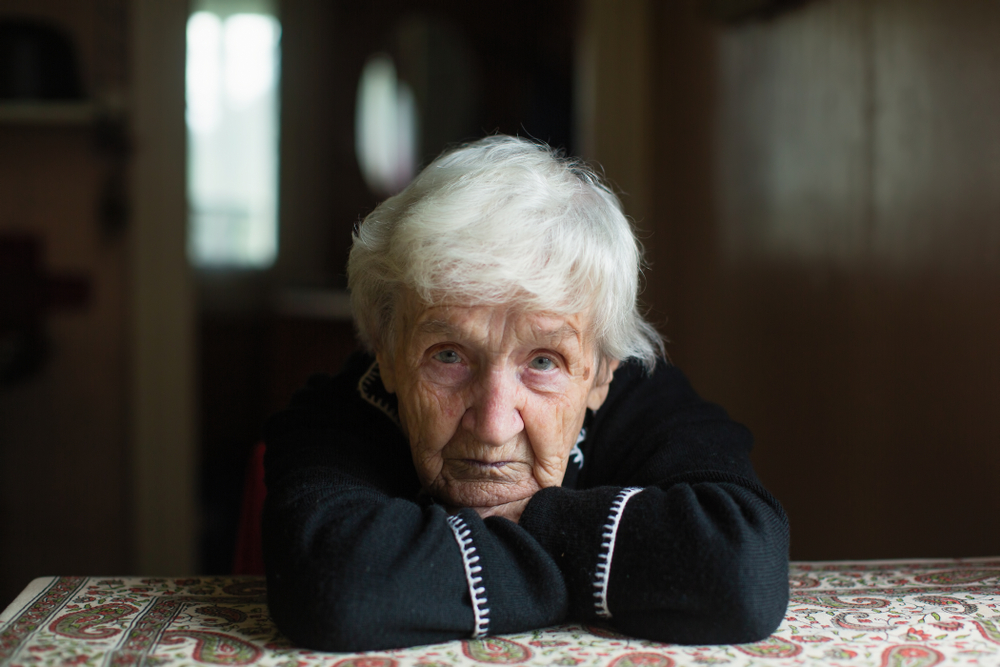The winter months create challenges for in-home care staff and their clients. There’s cold and flu season, less sunlight, and possible slips and falls due to ice. Seasonal affective disorder (SAD) is a difficulty that arises when cold weather forces people to stay inside more. Today’s blog from Phoenix Home Care describes how to combat seasonal affective disorder.
Related Post: Showcasing the Home Care Services Phoenix Can Provide
What Is Seasonal Affective Disorder?
Seasonal affective disorder, sometimes called seasonal affective depression (SAD), occurs from late fall to early spring. It usually happens when there is less natural sunlight. Sunlight allows our bodies to produce vitamin D, and that vitamin helps us to fight off depression. When we stay inside more often due to cold weather and the sun isn’t up as much in the winter, our bodies produce less vitamin D. This can affect our moods.
Symptoms of SAD
People with SAD may be hard to diagnose. The in-home care specialists at Phoenix Home Care are trained to look for signs of seasonal affective disorder in our patients.
Symptoms include:
- Feelings of sadness around the change of seasons
- Lack of energy (fatigue, apathy)
- Craving carbohydrates and overeating
- Difficulty sleeping
- Loss of interest in activities that normally bring pleasure, such as hobbies and spending time with family
Only a licensed physician or medical professional can diagnose SAD.
Phoenix Home Care has some tips for combating seasonal affective disorder, even if you have to spend more time indoors.
Get More Light
There are several things you can do to get more light. Sit near a sunlit window for 30 minutes a day. Walk outside for 15 minutes if the weather is warm enough. Special lamps simulate natural sunlight. Consider a lamp in your living room or bedroom. In-home care staff can help you install the lamp or change the light levels in your or your loved one’s home.
Exercise
Regular exercise increases endorphins in your body, and endorphins make you feel good. Exercise doesn’t have to be strenuous to be effective in combating seasonal affective disorder. Simple stretches, walking in place, or playing some kinds of video games can get you up and moving.
Socialize
Socializing can be difficult in the winter, either due to cold weather or quarantining due to illness. Connect with others whenever you can. Invite some family over to your house for a few hours. Talking to someone about your life, daily activities, and worries can alleviate symptoms of SAD. In-home care staff from Phoenix offers one kind of social interaction for our patients when we’re there to provide high-quality in-home care services.
Related Post: Dealing With Loneliness as We Age
In-Home Care by Phoenix Home Care
Phoenix Home Care & Hospice specializes in caring for clients at home, where we believe the best healing takes place. Think about in-home services from our team for you or your loved one during the winter months. Contact Phoenix Home Care or call toll-free 1-888-830-2388 for more information.






